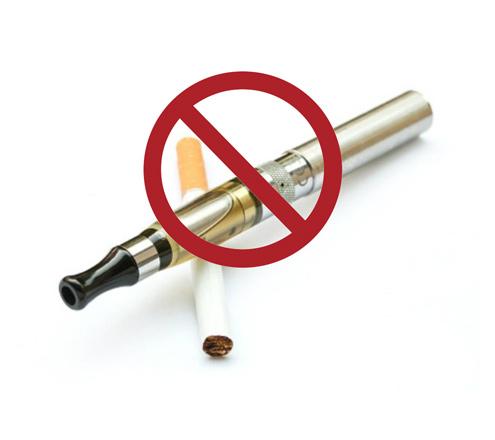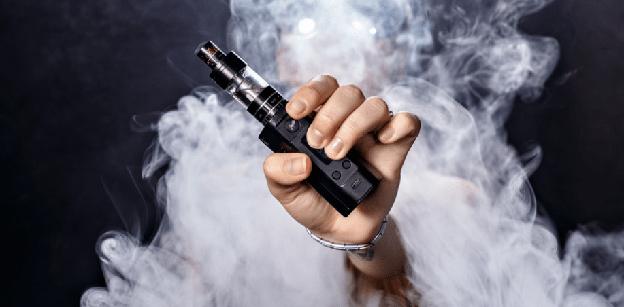You are here
Enforcing health law will save many from ills of tobacco, workshop hears
By Maria Weldali - Nov 17,2019 - Last updated at Nov 17,2019

Jordan is ranked third in the region for percentage of smokers, according to Director of the Cancer Control Office at King Hussein Cancer Centre Feras Hawari (Photo by Amjad Ghsoun)
AMMAN — A training workshop on tobacco addiction treatment was held on Sunday at King Hussein Cancer Centre (KHCC) to illustrate the different degrees of damage caused by all forms of tobacco.
During the workshop, Director General of KHCC Asem Mansour said fighting the smoking pandemic is a “battle of spreading awareness” in order to halt the “death industry” in which tobacco companies continue to market their products, especially in developing countries.
Most young Jordanians start smoking between the ages of 13 and 15, leading to 30 per cent of teens becoming smokers, which necessitates decision makers intervening in all possible ways to curb tobacco usage in Jordan, which causes cancer and cardiovascular diseases, Mansour said.
Jordan is ranked third in the region in terms of percentage of smokers, Director of the Cancer Control Office at KHCC Feras Hawari said during the workshop, noting that 70 per cent of males and 30 per cent of the Kingdom’s females smoke.
“The main reason for meeting today is to make a distress call to all stakeholders about the dangers of nicotine, as the numbers have risen in an unprecedented way,” Hawari said.
Nicotine addiction has been causing diseases such as lung cancer, leukemia, colon cancer and bladder cancer, Hawari said.
He noted the need to enforce the 2017 Health Law, which stipulates that any person who smokes any type of tobacco in a public place will be punished with imprisonment ranging from a period one month to three months, or a fine of between JD100 and JD200, Hawari noted.
The director also pointed to the dangers of e-cigarettes and heated tobaccos, that come with an economic and health cost.
Nicotine is highly addictive in all its forms, including through e-cigarette vapor, which contains chemical substances, Hawari said, stressing the importance of halting all kinds of tobacco usage.
KHCC clinics for smoking cessation provide integrated services to help smokers quit, he added.
“It is possible to reduce the widespread use of nicotine by 12 per cent in five years if the 2017 Health Law is applied and public smoking is banned,” Hawari said.
Related Articles
RIO DE JANEIRO — Electronic cigarettes are “undoubtedly harmful” and should be regulated, the World Health Organisation(WHO) said Friday as
The fierce debate over whether e-cigarettes can help people quit smoking took another twist on Monday as a research paper on their use by cancer patients was criticised as flawed.
Smokers who also use e-cigarettes may be half as likely to give up tobacco as smokers who never vape at all, a European study suggests.Even


















